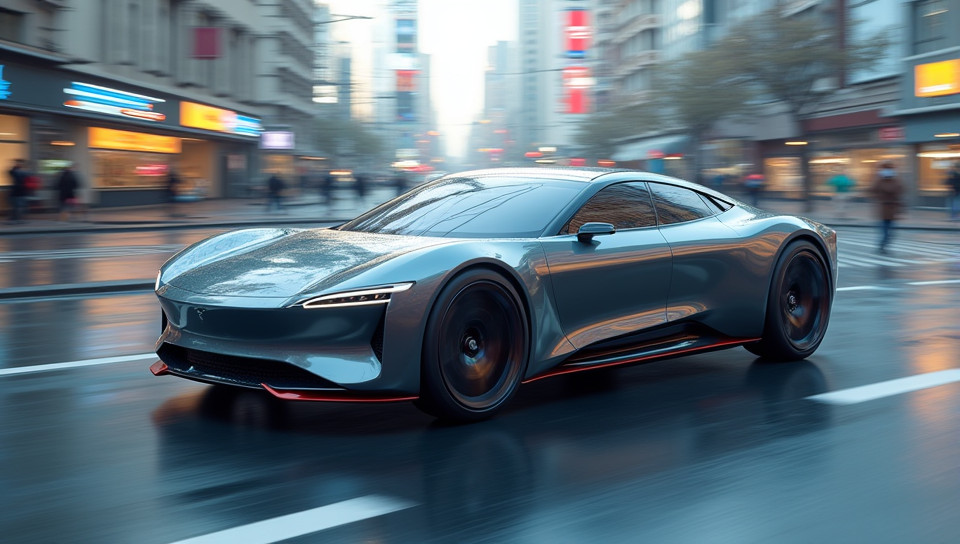The future of transportation will be largely electric powered 83%

The Electric Revolution on Wheels
As we gaze out at the horizon, it's clear that the transportation industry is on the cusp of a revolution. Gone are the days of fossil fuel-powered engines, and in their place will rise a new era of electric vehicles (EVs) that promise to change the face of transportation forever. With governments worldwide setting ambitious targets for reducing carbon emissions, and consumers increasingly demanding more sustainable options, it's no wonder that EVs are fast becoming the preferred choice for millions.
The Benefits of Electric Vehicles
So what makes EVs so appealing? Here are just a few reasons why they're set to dominate the transportation landscape:
- Better fuel efficiency
- Lower operating costs
- Reduced greenhouse gas emissions
- Improved performance and smoother acceleration
- Quieter ride
Charging Infrastructure: The Key to Widespread Adoption
While EVs themselves are certainly impressive, it's the supporting infrastructure that will ultimately drive their adoption. Governments, companies, and entrepreneurs alike are racing to build out charging networks, making long-distance travel in electric vehicles a reality.
A World of Possibilities
The impact of widespread EV adoption will be far-reaching and multifaceted. Cities will become cleaner and healthier, with reduced air pollution and improved quality of life for residents. The environment will benefit from decreased greenhouse gas emissions, helping to mitigate the effects of climate change. And consumers will enjoy greater freedom and flexibility in their transportation choices.
A New Era for Transportation
As we embark on this electric revolution, it's clear that the future of transportation is not just about EVs – it's about a fundamental shift in how we think about mobility. With the world at our fingertips and the power of technology at our disposal, we're poised to create a more sustainable, efficient, and connected transportation system.
In conclusion, the future of transportation will indeed be largely electric powered. It's an exciting prospect that holds promise for a cleaner, healthier, and more prosperous world. As the industry continues to evolve and grow, one thing is certain: the electric revolution on wheels has only just begun.
- Created by: Maria Reed
- Created at: Aug. 15, 2024, 12:47 a.m.
- ID: 7236